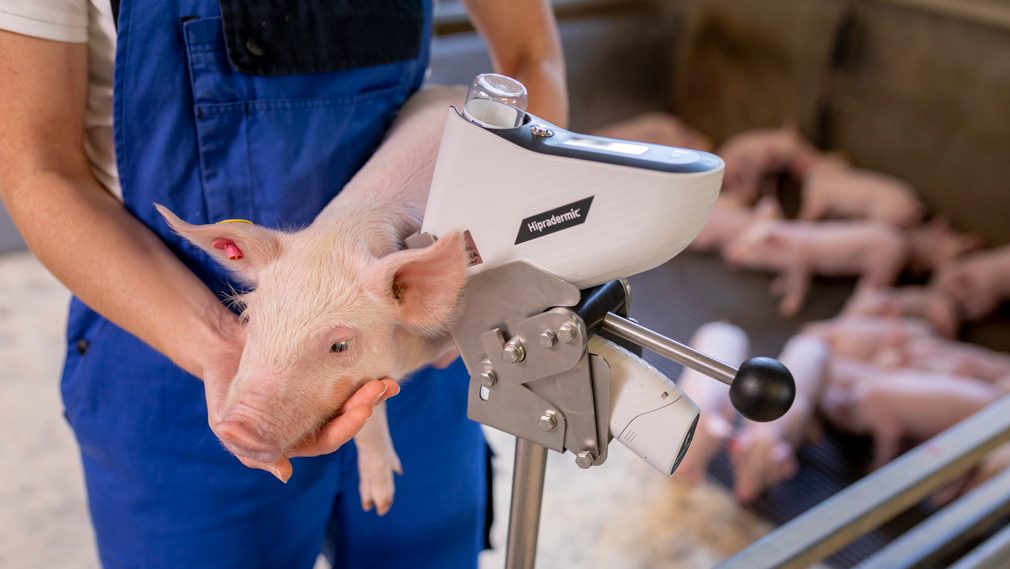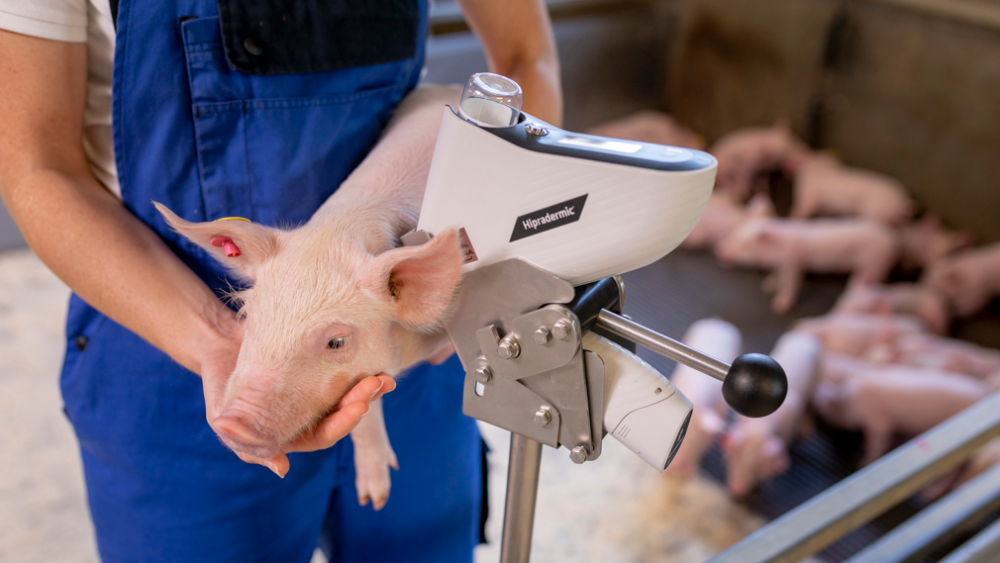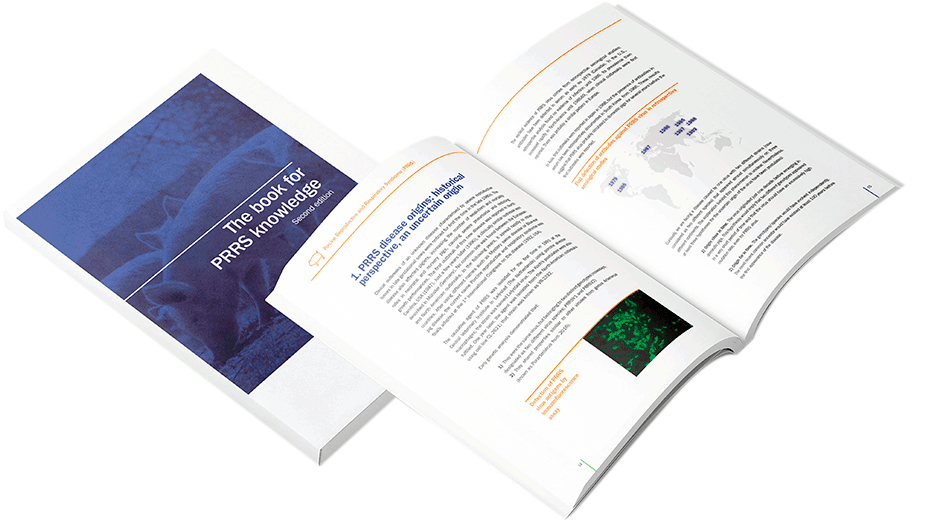Why do you think the percentage of piglets vaccinated against PRRS virus is increasing? Do you think that in the future it will be an indispensable vaccine for piglets, as PCV2 can be?
The answer to the first question is easy: more piglets are vaccinated due to the higher incidence of more pathogenic strains of PRRS, such as Bisbal and especially Rosalia, which are affecting many farms in certain geographical areas, and vaccinating piglets can be a tool to help us control PRRS and mitigate its serious effects on health, production, and profitability.

Regarding the second question, I do not believe that PRRS vaccines will become an indispensable vaccine for piglets, as is the case with the PCV2 vaccine, whose efficacy is indisputable due to the high protection it provides against the disease.
Vaccinating piglets against PRRS, as I mentioned before, can be a very effective tool to control and reduce the effects of PRRS in certain circumstances, provided that it is accompanied by other essential measures: vaccinating all breeding sows to prevent subpopulations, applying McRebel measures, stop outside replacements for several months, downtime in the nursery, etc.
All these measures should be aimed at stabilizing the farm as soon as possible and being able to wean PRRS-negative piglets that are not contaminated in the nursery.
If you want to know more about PRRS piglet vaccination read out chapters: Immunisation of piglets
You can ask your own question! Visit Pig333.com and submit your question to the experts.

Economics and swine production specialist




